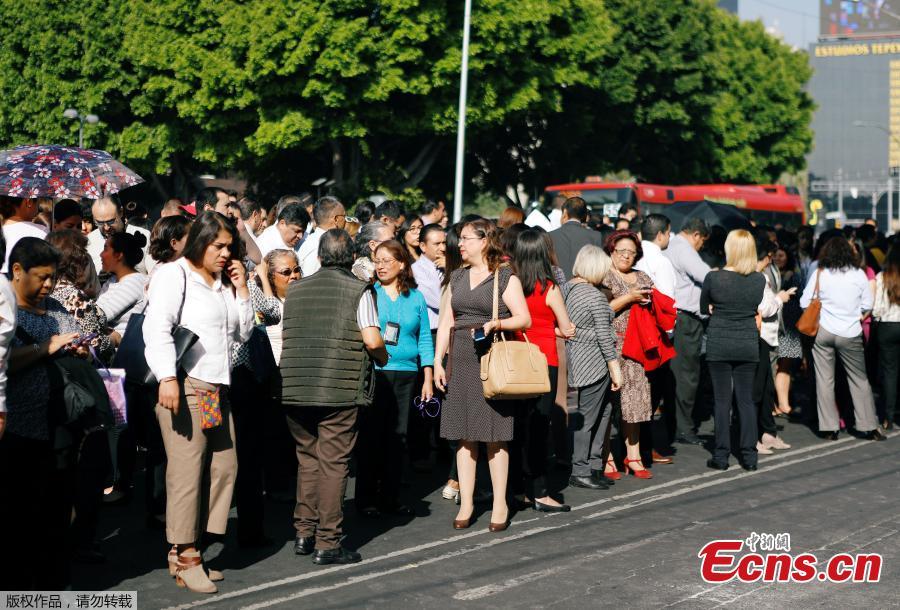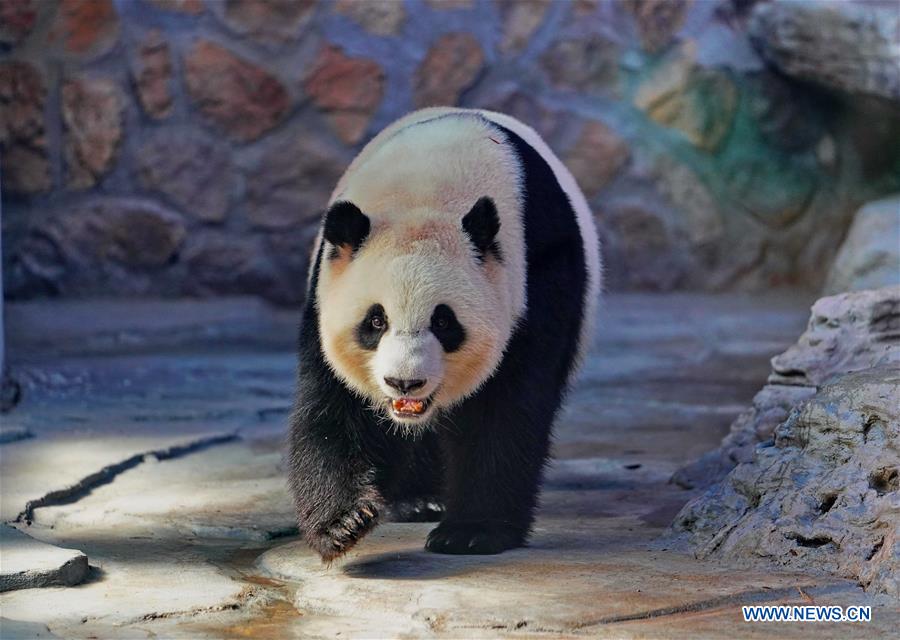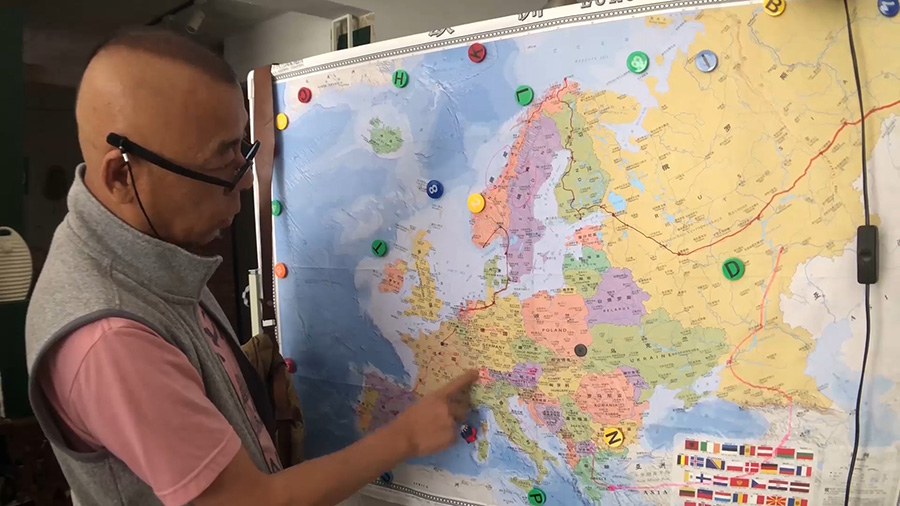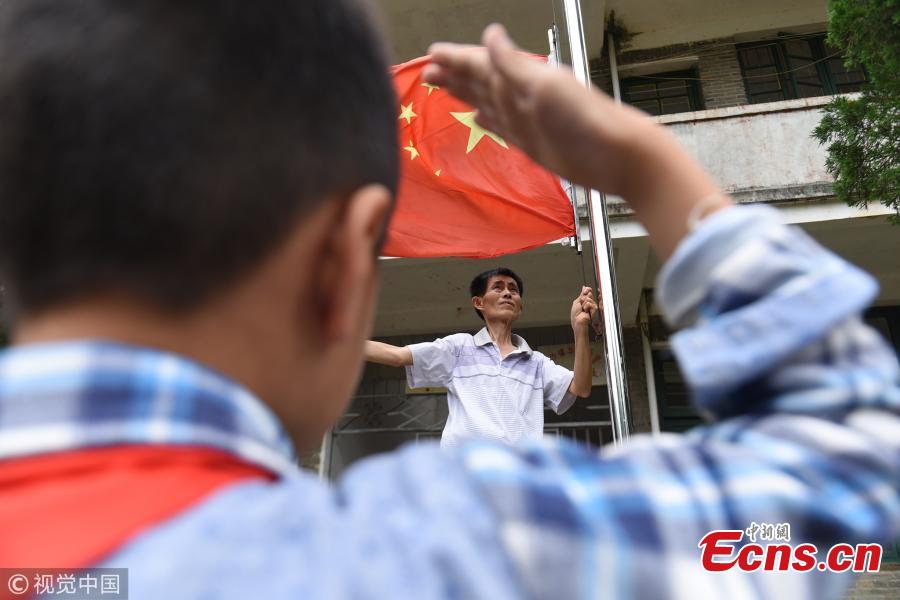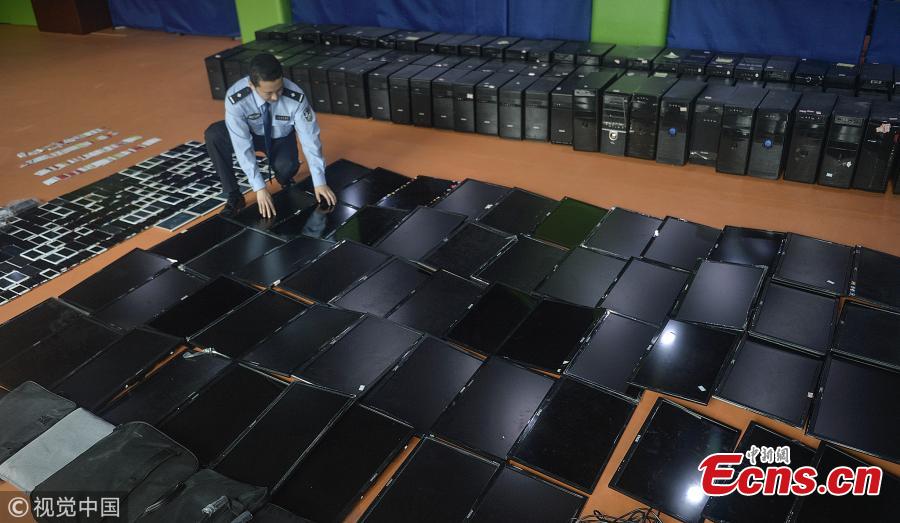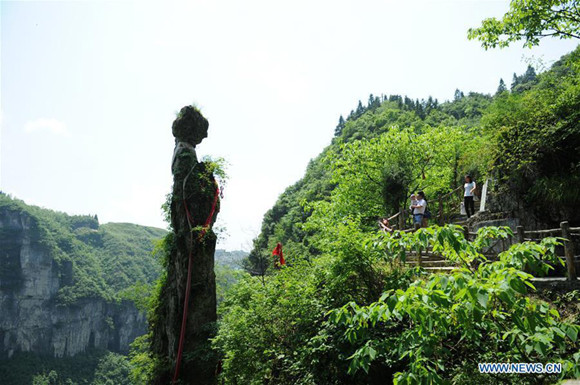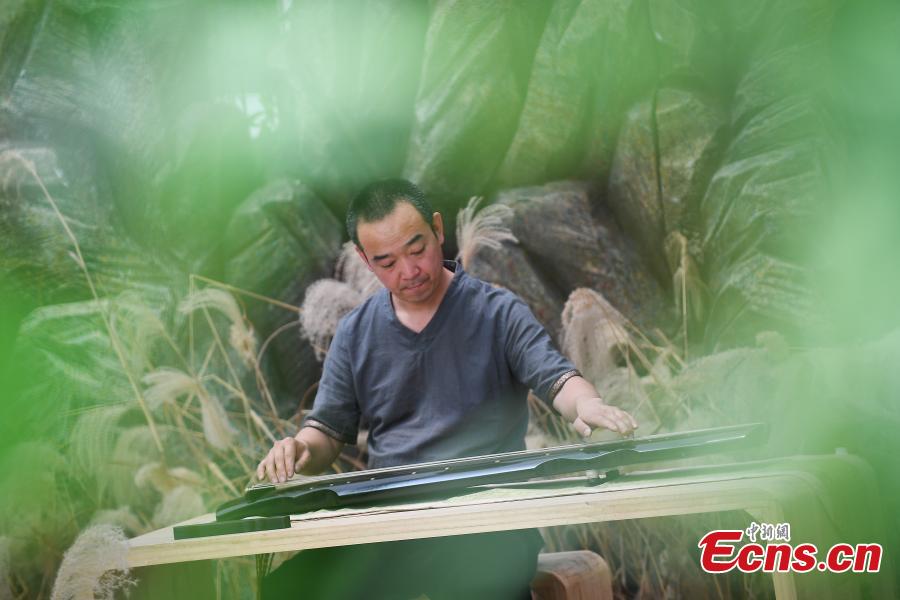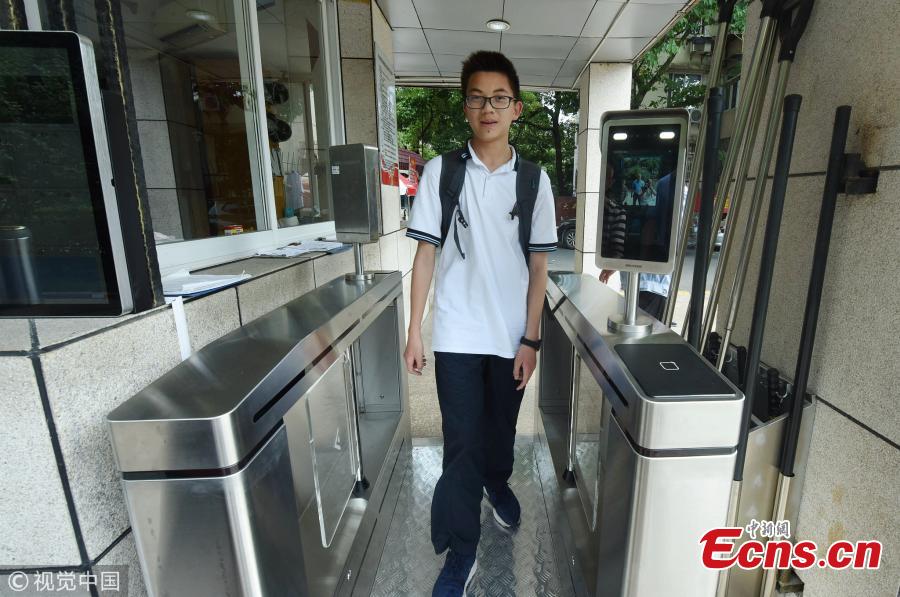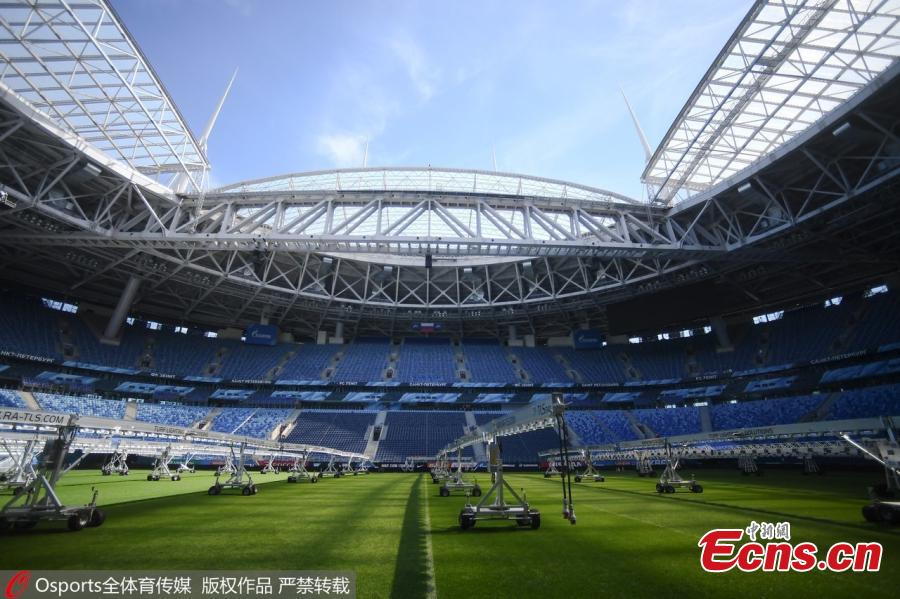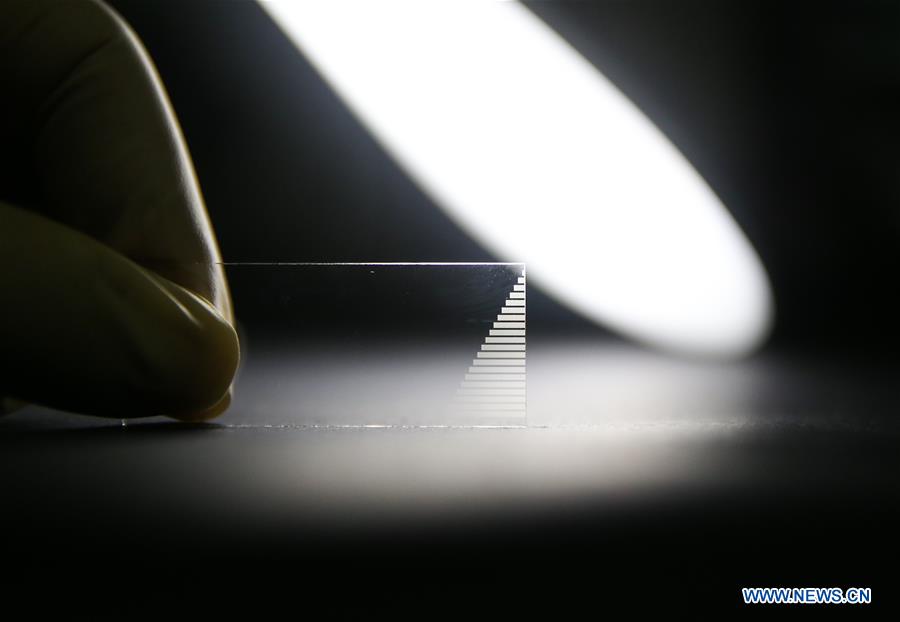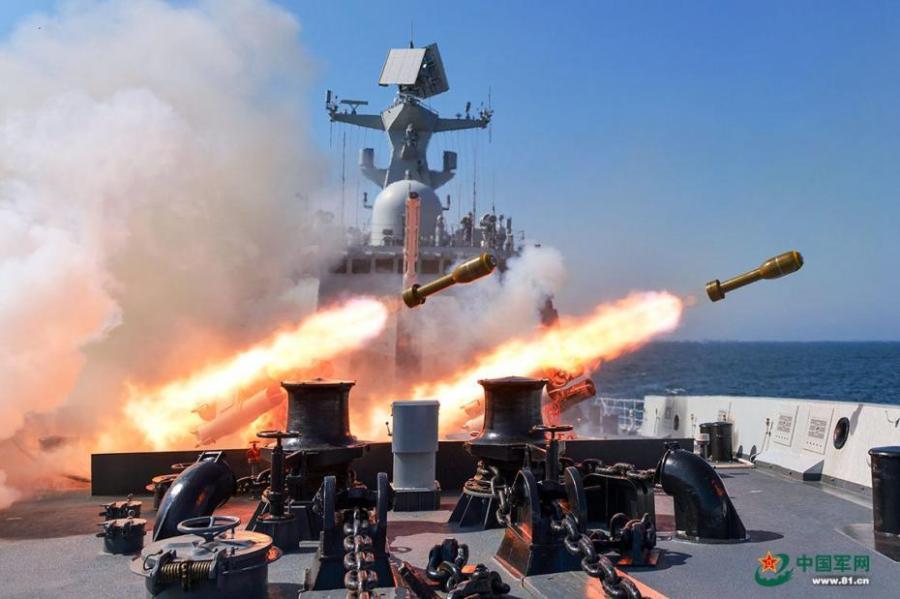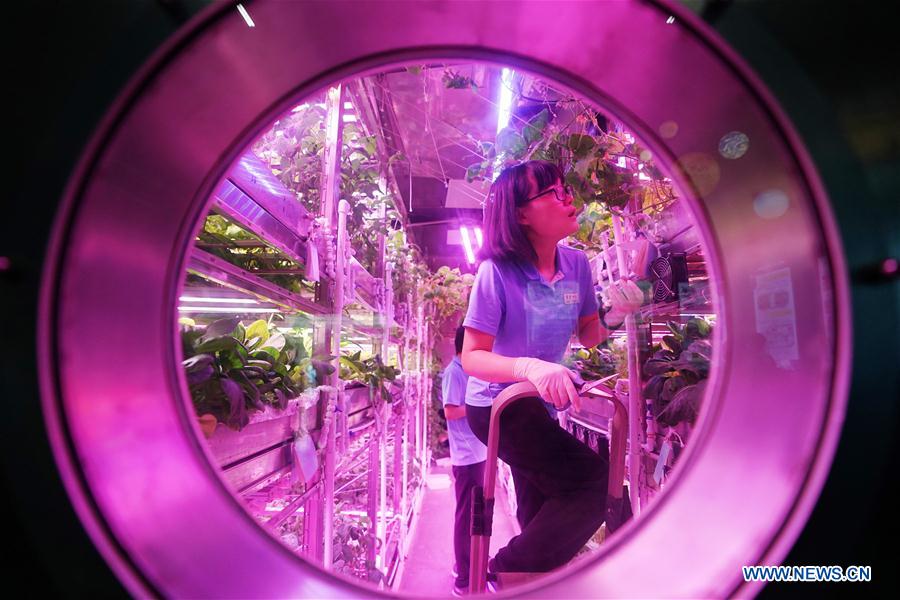Thursday is World Telecommunication and Information Society Day. To mark the special day, leaders of China's telecom industry gathered in Beijing to discuss the proper use of artificial intelligence (AI) and how 5G technology can better integrate with AI.
China is making fast moves in the race to create artificial intelligence. Last July, the Chinese government unveiled an ambitious plan ? to become a global innovation center in AI by 2030.
"China already ranks number two globally in terms of published papers and licensed patents on AI. We have taken a lead in areas like voice recognition and the machine vision system. By 2020, the market value of China's AI-related industries is estimated to hit 150 billion yuan or more than 23 billion dollars," Zhang Feng, general engineer at the Chinese Ministry of Industry and Information Technology (MIIT) said.
China’s telecom chiefs are also seizing the opportunity. While celebrating the world’s annual telecom day, they set the agenda to discuss how to better connect AI with the 5G technology which they are currently working on. But first, what’s the link between the two cutting-edge technologies?
“As one of the most advanced technologies, AI needs support from communication networks like 1G, 2G, 5G or even further… So this relates to the application system and infrastructure. They connect to each other to become an entirely intelligent society,” Zhong Yixin, professor at the Center for Intelligence Research under Beijing University of Posts and Telecommunications, said. As a veteran scientist, Zhong also served as a chief at the China Association for Artificial Intelligence (CAAI) from 2001 to 2010.
Three main local telecom carriers, namely China Mobile, China Unicom, and China Telecom, have been building 5G test sites in major Chinese cities, as the country vows to commercialize the use of 5G by 2020. Other key players like Huawei and Datang are also joining the race. They all believe AI will help speed up 5G network construction.
“We have initiated the standard-setting for intelligent-connected cars in the 5G era. Recently, Datang and Ford conducted Cellular Vehicle-to-Everything technology trials in China. We hope to make driving safer and transportation more efficient,” Chen Shanzhi, vice president of Datang Telcom Technology & Industry Group, said.
AI is penetrating many aspects of our day-to-day lives from facial recognition to health care. But as a late comer in the field, experts say China still has a long way ahead.
"China has to pay attention not only to the applied results of AI but also the fundamental theory of AI research. As for the innovation, we are still lagging behind the US. So we must pay more attention to our young talents and be more innovative. This is the challenging part for China," Zhong added.
There are still many issues lying ahead for AI and how it could affect traditional industries in the future. But one thing is crystal clear: The AI era has indeed come to China.














